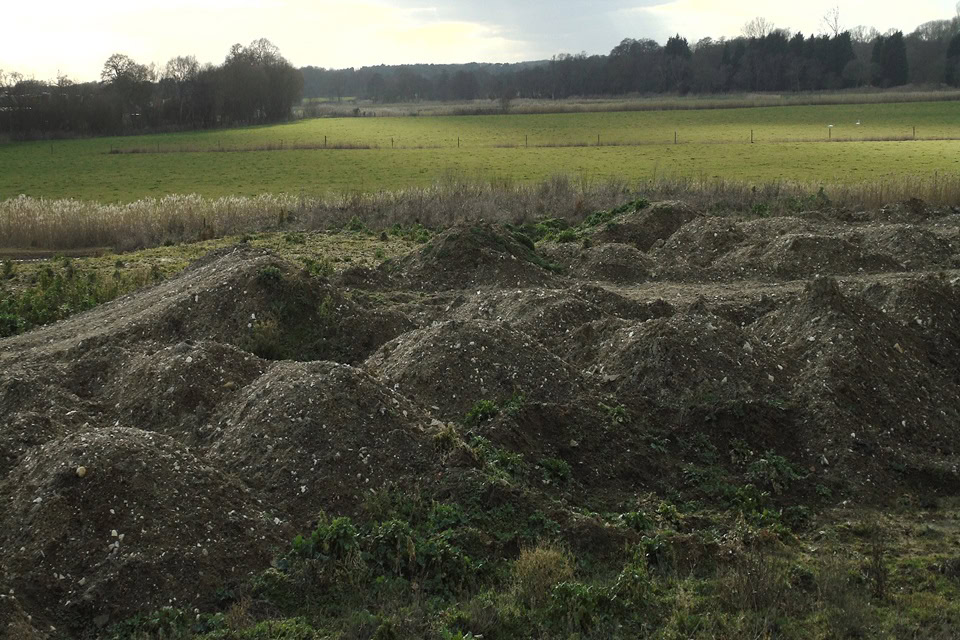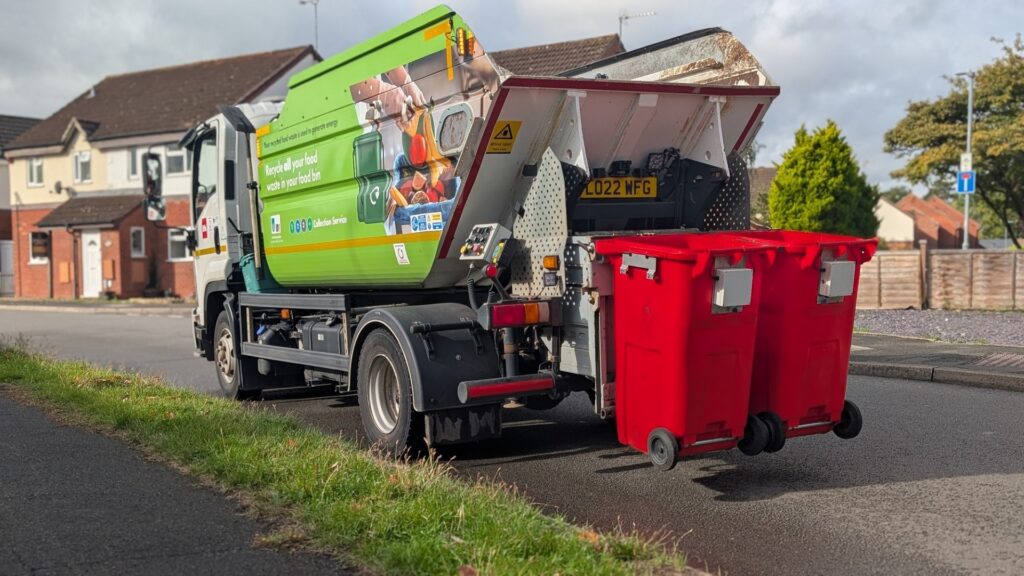Mr Carr-Harris, who is to be replaced in October by Daniel Silverstone, said in the organisation's latest Annual Review that “more regional funding needs to be released to make real progress.”
In the review of the market development organisation's year 2003/04, Mr Carr-Harris explained: “Considerable resources have been diverted nationally for market development and supply chain work in the sector and without a strong and complementary regional effort we will not make progress on the ground.”
London Remade, a partnership of public, private and social enterprise organisations, is primarily funded through the London Development Agency to improve the marketplace for recyclable materials.
 London Remade's Annual Review documents considerable achievements in the last four years |
In its Annual Review, it said that extra recycling capacity it has created in the last year has led to a diversion of more than 380,000 tonnes of material from landfill. Even more capacity for plastics, glass and WEEE is on the horizon between now and 2007, it added.
The organisation diverted 30,000 from landfill in its first year (2000/01) and over the next two years its efforts saw around 180,000 tonnes diverted. The substantial increase this year demonstrates that the extra capacity created is paying off. A further 100,000 tonnes of capacity was created in 2003/04.
Eco-sites
London Remade works in three main areas of the sector: collection, reprocessing and procurement. The majority of the diversion – 376,608 tonnes – has been achieved through its work with reprocessors in the Capital Projects and Business Support programme. This includes support for a number of reprocessing 'ec;o-sites', such as Days Aggregates in the Thames Gateway, which have increased recycling capacity for glass, paper and organics.
Support has also gone to the invessel composting project Organics West London, in which ECT Recycling is providing kitchen waste collections for about 3,800 residents in Brent, Ealing, Hounslow and Richmond. Waste has also been collected from eight Sainsbury's stores, an an average recycling rate of 16% for organic materials was achieved in total.
On the collection side, London Remade's Supply Infrastructure Project has also diverted a significant amount of waste from landfill over the past year. These projects include facilities for residents in Bexley and Lewisham to take their Waste Electrical and Electronic Equipment (WEEE) to local reuse and recycling centres, a Real Nappies initiative and new kerbside and bring bank collection systems.
The Mayor's Green Procurement Code, London Remade's work to increase the procurement of recycled material by organisations in the capital, has also undergone considerable development this year. It has secured 1 million from the London Development Agency to deliver a three-year green procurement and supply chain development initiative.
London Remade has recently praised Transport for London (TfL), one organisation that has signed up to the Mayor's Code, for exceeding its targets by 56%. TfL has used over 4,800 tonnes of recycled glass aggregate in the maintenance of over 100 miles of roads and pavements in the last two years.
Future
For the future, the organisation is now looking into possibilities of a solution to the recycling of mixed plastics from electrical equipment under the requirements of the WEEE Directive. Other potential projects for the future could include new reprocessing facilities such as a plastics packaging reprocessing plant for East London, a new paper recycling mill in central London and a reprocessing plant for nappies and incontinence pads.
It is unlikely that any of these will come online in the next year, said a spokesperson for London Remade, and because of the timing of its existing reprocessing initiatives, the organisation is not expecting to achieve the same rates of new landfill diversion next year as it has in 2003/04. “These were a culmination of the four years' work, and the next projects are still in the early stages,” London Remade explained.
“Our next lot of funding is to support small to medium sized businesses and local authorities rather than large reprocessing facilities,” the spokeswoman added.







Subscribe for free